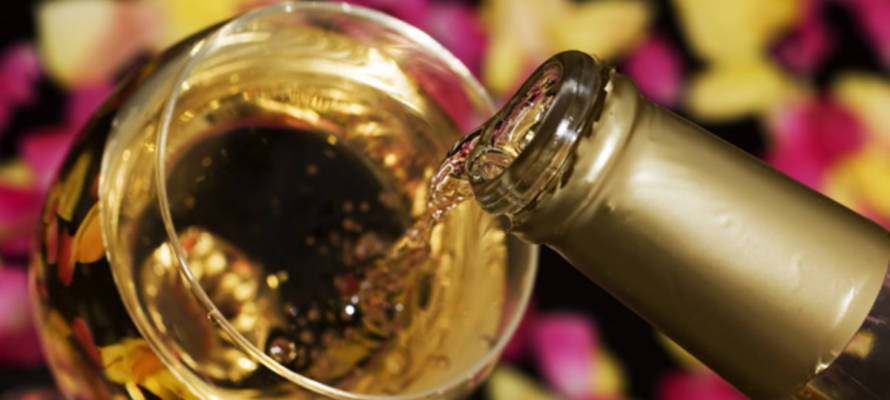One of the commandments on Purim is to get so drunk that “one cannot tell the difference between the words ‘cursed be Haman’ and ‘blessed be Mordechai.’”
By: Rabbi Ari Enkin, Rabbinic Director, United with Israel
Among all the Jewish holidays, Purim is the only one on which we are encouraged – in fact, obligated — to drink.
There are plenty of festive days in the Jewish calendar, most of which carry an obligation to eat and be merry. But only Purim has the added mitzva (commandment) to “eat, DRINK, and be merry.” What is it about Purim that makes drinking a mitzva?
Let us look at the verse in the Book of Esther that describes Haman’s plot to exterminate the Jews.
It says that Haman wanted ”…to destroy, to kill and to annihilate all Jews, young and old, children and women, in one day, on the 13th day of the 12th month, which is the month Adar, and to plunder their goods.”
Why is Scripture so repetitive? What does it use so many synonyms to describe the destruction of the Jews?
It is explained that each expression of destruction refers to a different aspect of Jewish existence. For example, “destroy” refers to Haman’s desire to destroy anything spiritually Jewish, such as the Torah and Jewish observance. “Kill” refers to killing the unique Jewish spark that is found in the soul of every Jew.
As we can see, Haman did not merely want to kill all the Jews in the world; he also wanted to eradicate any memory or remembrance that the Jews ever existed – in other words, annihilation. And of course, he wanted to plunder all the Jews’ possessions so that there would simply be nothing left. This near-destruction was certainly different from all others.
Fortunately, we know the end of the story. In fact, it is similar to the end of every Jewish holiday: “They tried to kill us, we won, let’s eat!” The Jews survived, while Haman and his Amalekite brethren are nowhere to be found.
As such, we celebrate our physical survival by indulging in the physical. We eat and drink. We give gifts of food and drink to our friends (the mitzvah of “mishlo’ach manot”). We ensure that even the poor have what to eat on Purim (the mitzvah of “matanot l’evyonim”).
But since the Purim meal celebrates a near Holocaust, we are told that the meal must be different and more grand than other holiday meals. Hence, the added mitzvah to get sloshed – I mean drunk – was added.
This is actually a very hard mitzva to fulfill…to get drunk without going overboard. There is no other holiday like it!

